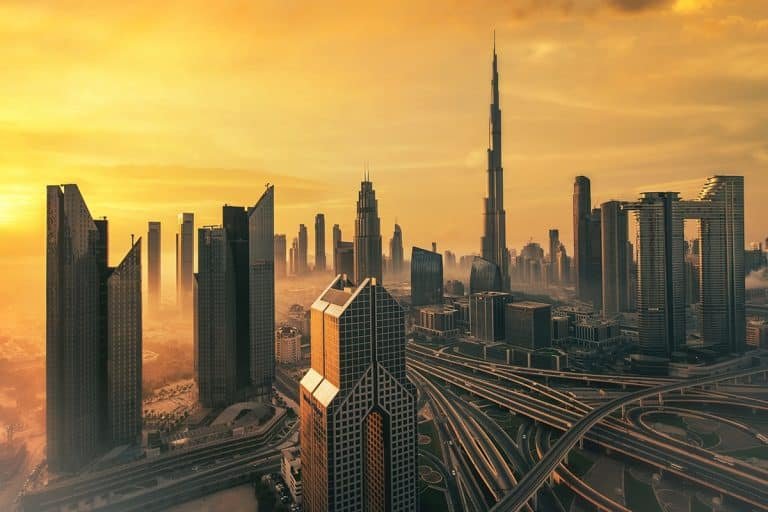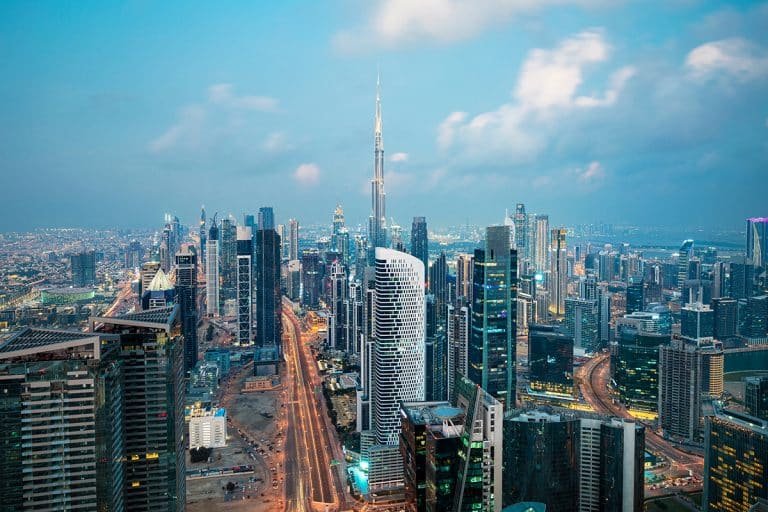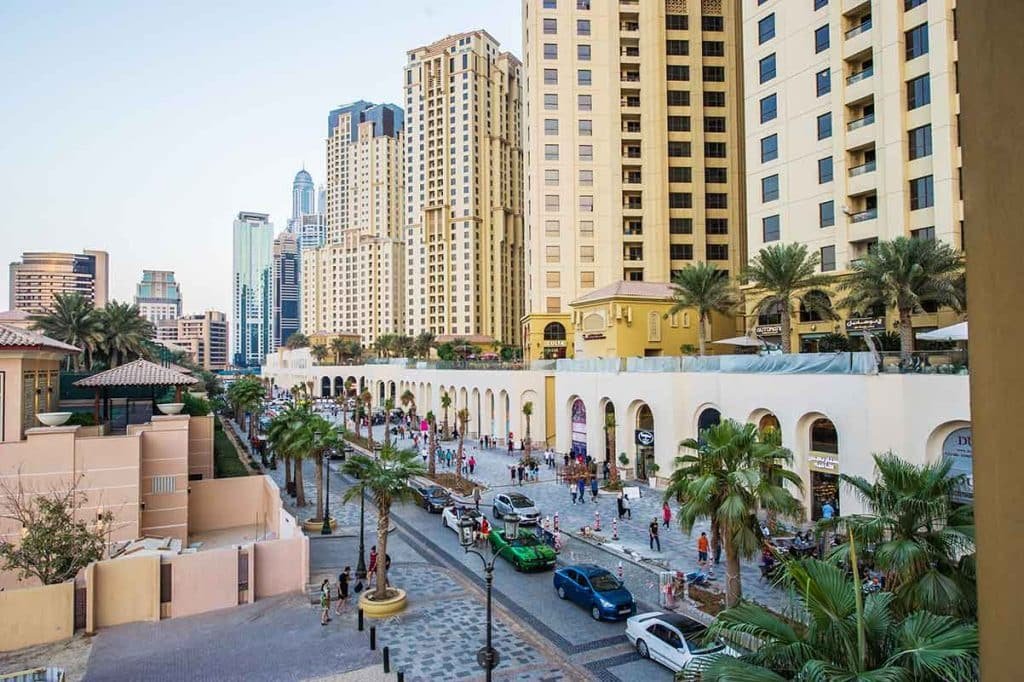Now Reading: Dubai Real Estate Market 2025: From Boom to Stabilization?
-
01
Dubai Real Estate Market 2025: From Boom to Stabilization?
Dubai Real Estate Market 2025: From Boom to Stabilization?

Dubai Real Estate Market 2025: Has the Boom Peaked?
The Dubai Real Estate Market 2025 is one of the hottest topics among investors, developers, and homebuyers. After several years of unprecedented growth, record-breaking sales, and skyrocketing property prices, the question now being asked is simple yet critical: has Dubai’s real estate market peaked?
With strong demand, international capital inflows, and government reforms, Dubai’s property market has transformed into one of the most attractive global investment hubs. Yet, signs of caution are also emerging as analysts debate whether the current momentum is sustainable in the long term.
A Record-Breaking 2023 and 2024
Dubai’s real estate journey has been nothing short of extraordinary. In 2023 and 2024, property sales reached all-time highs, driven by:
- Strong demand from overseas investors.
- Residency and visa reforms, including the Golden Visa.
- A surge in luxury and branded residences.
- Dubai’s global appeal as a safe, tax-friendly investment destination.
Neighborhoods such as Palm Jumeirah, Dubai Marina, and Downtown Dubai saw property values rise sharply, with villas and branded residences selling out within days.
But rapid growth often triggers one key question: is a correction inevitable?
Dubai Real Estate Market 2025 – At a Turning Point?
The Dubai Real Estate Market 2025 continues to show resilience. However, several factors suggest a period of stabilization may be approaching:
- Price Growth Moderation – Analysts predict that property prices could slow down after the extraordinary double-digit increases of the last two years.
- Supply Catching Up – With mega-developments such as Dubai Creek Harbour, Jumeirah Village Circle, and Dubai South delivering new units, supply is gradually balancing demand.
- Global Economic Headwinds – Rising interest rates, geopolitical tensions, and global market slowdowns could affect investor sentiment.
Despite these factors, Dubai still offers higher rental yields compared to global cities like London, New York, and Hong Kong, making it attractive for both short-term and long-term investors.
Demand Drivers That Still Fuel Growth
While some analysts raise concerns, there are undeniable forces still supporting the market:
- Golden Visa Impact: Professionals, entrepreneurs, and investors continue to relocate to Dubai, creating sustained housing demand.
- Tourism and Hospitality Growth: With Expo City evolving into a hub and events like COP28 drawing global attention, Dubai’s tourism-driven rentals remain lucrative.
- Luxury Segment Strength: Ultra-luxury homes, branded residences, and waterfront properties are still experiencing strong demand from high-net-worth individuals.
- Global Safe Haven: Dubai is increasingly seen as a stable and tax-free investment destination compared to other global financial centers.
These factors mean that even if growth moderates, the foundations of Dubai’s real estate remain solid.
Rental Market: Still Strong in 2025

The rental segment of the Dubai Real Estate Market 2025 is thriving. Rising population, increased job opportunities, and the influx of expatriates have boosted demand.
- Apartments in Dubai Marina, Downtown, and Business Bay command premium rents.
- Short-term vacation rentals, particularly Airbnb-style stays, are outperforming long-term leases.
- Yields of 6-8% remain higher than many global markets, keeping investors interested.
This makes Dubai attractive not only for property owners but also for institutional investors focusing on rental portfolios.
Risks That Could Lead to a Market Correction
While fundamentals are strong, risks should not be ignored:
- Over-Supply Concerns – If too many projects are launched simultaneously, absorption rates may decline.
- External Economic Shocks – A global recession or regional instability could affect international demand.
- Affordability Pressure – As prices rise, middle-income buyers may be priced out, slowing local demand.
- Speculation Risks – Excessive flipping and speculative buying could inflate prices unsustainably.
These factors mean that while a sharp crash seems unlikely, a price correction or stabilization in the next 12–18 months is possible.
Expert Insights -Has Dubai Peaked or Not?
- Optimists argue that Dubai’s fundamentals, global appeal, and government-backed initiatives will keep the market strong for years.
- Cautious voices highlight that double-digit growth cannot continue forever and that the market is due for a natural cooling phase.
- Balanced view: A period of stabilization, rather than a major downturn, seems the most likely outcome.
What Investors Should Do in 2025
For those looking at the Dubai Real Estate Market 2025, the strategy depends on risk appetite:
- Long-Term Investors: Focus on prime locations such as Palm Jumeirah, Downtown, and Dubai Creek Harbour where demand remains strong.
- Rental Income Seekers: Explore Dubai Marina, Business Bay, and emerging hotspots with strong yields.
- Speculators: Caution is advised, as short-term flipping may carry higher risks if the market cools.
- First-Time Buyers: Affordable communities in Dubai South, JVC, and Sharjah-Dubai corridor offer better entry points.
Conclusion: Stability, Not Collapse
So, has Dubai’s real estate market peaked?
The answer is nuanced. While the breakneck pace of growth seen in 2023 and 2024 may not continue, the Dubai Real Estate Market 2025 is not showing signs of collapse. Instead, it is likely entering a phase of healthy stabilization where prices cool slightly, supply balances demand, and long-term sustainability is prioritized.
For investors, this could mean fewer “get-rich-quick” gains but more reliable, steady returns in a globally attractive market. Dubai remains a leading property investment hub -and its story is far from over.
Read More-Soar Joyfully: Dubai’s Skyline Redefines Glorious Urban Living






















